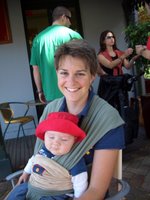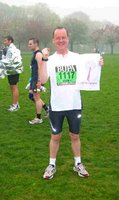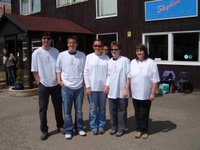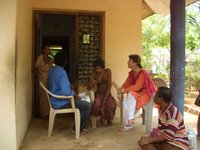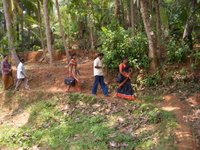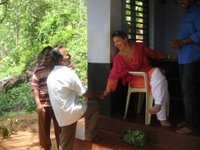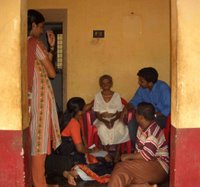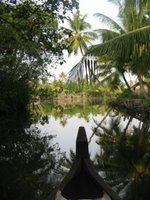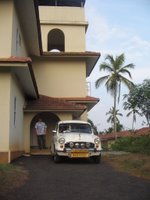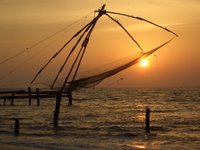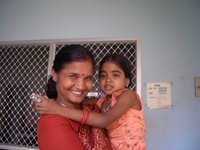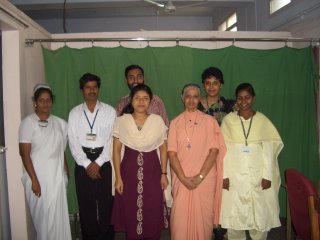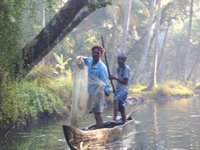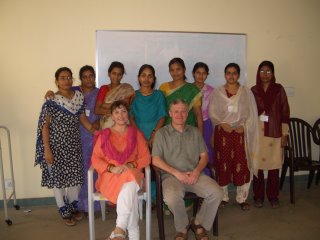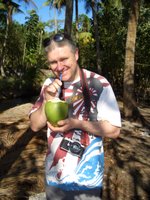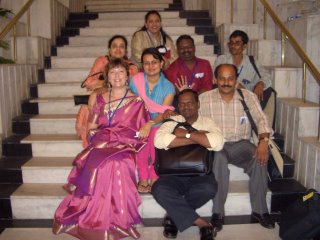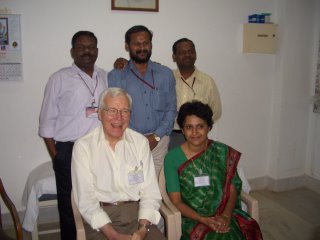
As promised I am giving you a flavour of my few weeks in Scotland. I love to travel and am continually amazed at the wonder and beauty of so many places. But Scotland has a special place in my heart!! These photos are of Aberdeenshire. Aberdeen has wonderful parks and floral dis[plays - often winning City in Bloom contests. It also has an amazing coastline with fantastic beaches just perfect for a BBQ and paddle - if you are willing ti brave the cold North Sea. Highland games are a feature of the
 summer months complete with dancing, pipe bands, and athletic feats. My Indian friends Chitra and Shoba enjoyd a dram of whisky with the
summer months complete with dancing, pipe bands, and athletic feats. My Indian friends Chitra and Shoba enjoyd a dram of whisky with the  Chiefton at Dufftown. Cairdeas has its roots in Scotland and the colour of our logo reflects the purple hue of the heather. It has been great to have the chance to share with so many about Cairdeas. Thanks to all who are involved at the 'home end' - I hope to have some photos of our teams soon. We are encouraged by those who are wanting to become regular supporters and hope to see an increase in the Cairdeas 200. (see website for further details www.cairdeas.org.uk) I am delighted to have the opportunity to meet the Aberdeen Indian society soon at their independance day celebration and share about Cairdeas. I am now working for a few weeks in Shrewsbury and preparing for a trip to Africa. More in due course. Keep October the 22nd free if you can come to Aberdeen for our annual meeting.
Chiefton at Dufftown. Cairdeas has its roots in Scotland and the colour of our logo reflects the purple hue of the heather. It has been great to have the chance to share with so many about Cairdeas. Thanks to all who are involved at the 'home end' - I hope to have some photos of our teams soon. We are encouraged by those who are wanting to become regular supporters and hope to see an increase in the Cairdeas 200. (see website for further details www.cairdeas.org.uk) I am delighted to have the opportunity to meet the Aberdeen Indian society soon at their independance day celebration and share about Cairdeas. I am now working for a few weeks in Shrewsbury and preparing for a trip to Africa. More in due course. Keep October the 22nd free if you can come to Aberdeen for our annual meeting.

